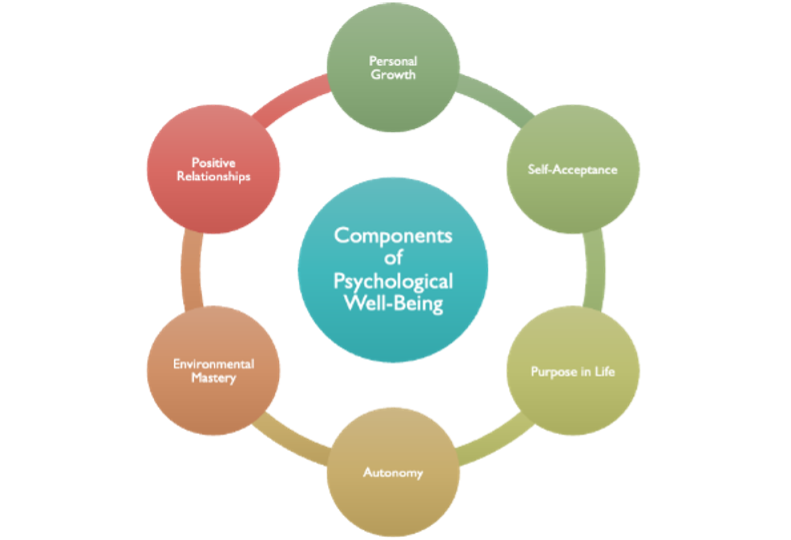By: Mirinda Morency
After more than two years of upheaval and loss, many of us are being asked to return to something resembling a state of life that no longer exists. Offices and schools are filling back up, mask mandates and COVID guidelines are lifting, and we are moving to a new normal despite the challenges that remain. The pandemic has shed light on two things: psychological health and physical health are closely intertwined, and our environment has a big impact on mental wellness.
It’s time to rethink our understanding of well-being and take a public health approach to psychological well-being. The existing capacity of the US health care system to address both psychological illness and wellness is limited (Evans & Bufka, 2020). It is imperative to work collaboratively across sectors to understand how environments either succeed or fail to provide opportunities for youth to have healthy development. By identifying the unique resources children and adolescents use, our research can further inform and influence policy and programming to improve outcomes later in life.
Why should we care?
In Nicomachean Ethics, Aristotle posited “where the goal of life isn’t feeling good but is instead about living virtuously.” Studies suggest that people with higher psychological well-being are more likely to live healthier, longer lives (Kubzansky et. al., 2018). Moreover, the U.S. Department of Health and Human Services has identified improvement of mental health as a Healthy People 2030 objective and emphasized that achieving this will require addressing social determinants of health (e.g., social and community contexts, education access and quality) (Healthy People 2030).
Historically, the field of mental health has focused on psychological distress, but more recently, positive psychological functioning has received increasing attention. It is not simply a state of subjective happiness or the absence of psychopathology. Psychological well-being is the extent to which individuals have goals and purposes in life, realize their potential, have quality relationships with others, and feel responsible for their own lives (Ryff, 2014). Consider your responses to the following:
- “For me, life has been a continuous process of learning, changing, and growth (Personal Growth),”
- “In general, I feel I am in charge of the situation in which I live (Environmental Mastery),” and
- “I have confidence in my own opinions, even if they are different from the way most other people think (Autonomy).”
These are just a few statements from the six-factor model of psychological well-being developed by psychologist Carol Ryff, to help contextualize positive psychological functioning. Figure 1 displays these factors.
Early Life Predictors
Keeping these components in mind, what childhood experiences support psychological well-being across the lifespan? Using data from the Chicago Longitudinal Study (CLS) (Reynolds, 2000), one of the largest early childhood cohort studies, several child, family, and school factors have been found to promote psychological well-being in midlife. Participation in the Child-Parent Center (CPC) preschool program, parent expectations for children’s educational attainment, and peer social skills in elementary school were key predictors even after accounting for many family sociodemographic attributes and student school experiences.
Previous CLS studies have shown the predicting power of CPC, parent involvement and expectations, number of school moves, and peer social skills on overall adult well-being, including educational attainment, reduction in health-compromising behaviors (smoking), and employment (Reynolds et. al., 2019 & Ou et. al., 2007). Nurturing peer social skills (or, social-emotional learning) in classrooms or after-school programs, for example, can buffer against the risk for academic, social, and behavioral problems and serve as a pathway to long-term psychological wellness.
In conclusion, promoting the skills, strengths, and capacities of young people and the social capital of communities would have far-reaching consequences for improving not only educational success but psychological health over the life course. The earlier in life such investments are made, the better it is for children, families, and communities.
